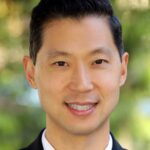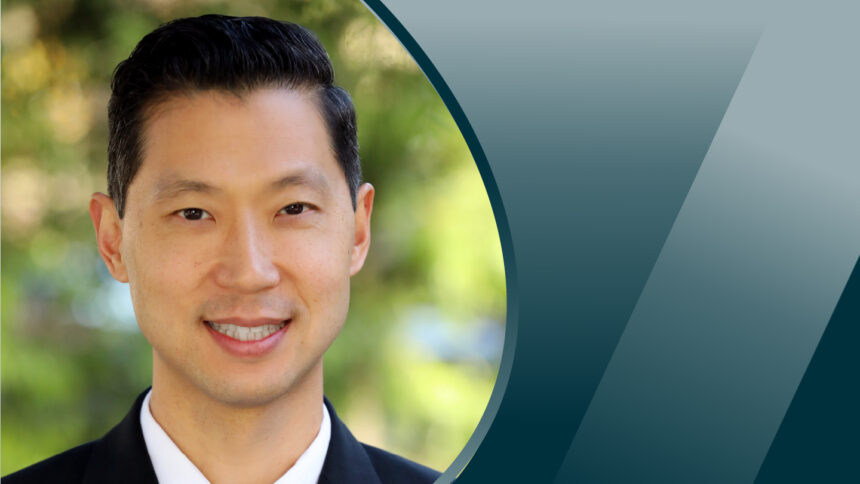The arrival of autumn may bring with it cool weather and the expectation of the holidays, but also the resurgence of the flu and COVID-19. For those of us working in the skilled nursing facility setting, it’s a time to check in with facilities regarding protocols and best practices.
How should SNFs ride the waves of new cases of COVID?
We spoke with our partner facilities across California on how they’re are working to reduce infection for COVID. The most common responses were through isolation of individuals experiencing COVID and flu symptoms, use of PPE by staff, residents and visitors, as well as restriction of communal dining and activities.
While effective, these strategies do come at a cost, especially with regards to the residents’ mental health. Depression increases for residents who must isolate in a room for five to 10 days, while anxiety spikes due to the uncertain nature of the illness. Additional fears surge related to health/mortality given that SNF residents are part of a vulnerable population. And at a minimum, boredom and loneliness are common among those residents in quarantine.
As a positive learning, we are now armed with four years knowledge of how the virus operates. So, what can SNF management do to support residents’ mental health in this coming flu and COVID season?
As a first strategy, SNFs should ensure residents follow and are up-to-date on CDC guidelines regarding vaccination to provide maximum protection possible for potential infections. In addition, it’s important to recognize there will be seasonal upticks in anxiety and isolation-related distress which mental health practitioners can support when needed.
Beyond these basics, facilities can be creative to engage with patients while observing safety protocols. Here are six smart suggestions for SNF management and older adults in general to keep engaged amidst COVID resurgence:
- Step up on indoor activities: Provide alternate activities for isolated residents such as reading material, coloring books, puzzles, puppetry and more. If physical activity is not possible, “Mindful Movements” classes can include meditation and stress reducers.
- Engage the larger community: Care packages, gifts, and reading materials can be made even more impactful when provided by a partnering outside group such as a school, church or other local association. SNF’s can reach out to those groups who may not know how much impact one care package can make on an isolated resident.
- Make some music: Music is also a great way to connect, and SNFs can prepare song lists for residents to choose from which connect them to happier times.
- Keep moving: Even while isolation and restricted visiting is in place, residents can be encouraged to keep moving by the help of fitness trainers in virtual classes, where they can connect with others in a healthy environment.
- Keep learning and growing: SNF teams can help residents find virtual places of interest and exploration, including museums, concerts, free college courses, gardens and more. And what a better way to see how life will go on than by putting out seedlings and watching them grow!
- Liven up those masks: If masks are back, then make the most of them choosing ones that remind us of the moment: Use holiday or festive themed masks when possible or choose a fun one with a smile to bring one to residents’ own faces.
While dealing with constant pressures, SNFs are equally adept to exploring ways to support their residents’ wellbeing, especially during COVID resurgence. By following these and other colleagues’ suggestions for resident engagement, this next season will be easier to manage for all.
John Y. Lee, Ph.D., a clinical psychologist, is the Assistant Chief Clinical Officer at Executive Mental Health. He provides a number of essential services at EMH, including overseeing the clinical care provided by colleagues at EMH, assisting in the process of onboarding newly hired clinicians, and providing direct care to residents of various nursing homes in the San Fernando Valley. He graduated from the University of California, Los Angeles, with dual degrees: a Bachelor of Arts in Psychology and a Bachelor of Science in Biochemistry.
The opinions expressed in McKnight’s Long-Term Care News guest submissions are the author’s and are not necessarily those of McKnight’s Long-Term Care News or its editors.
Have a column idea? See our submission guidelines here.





